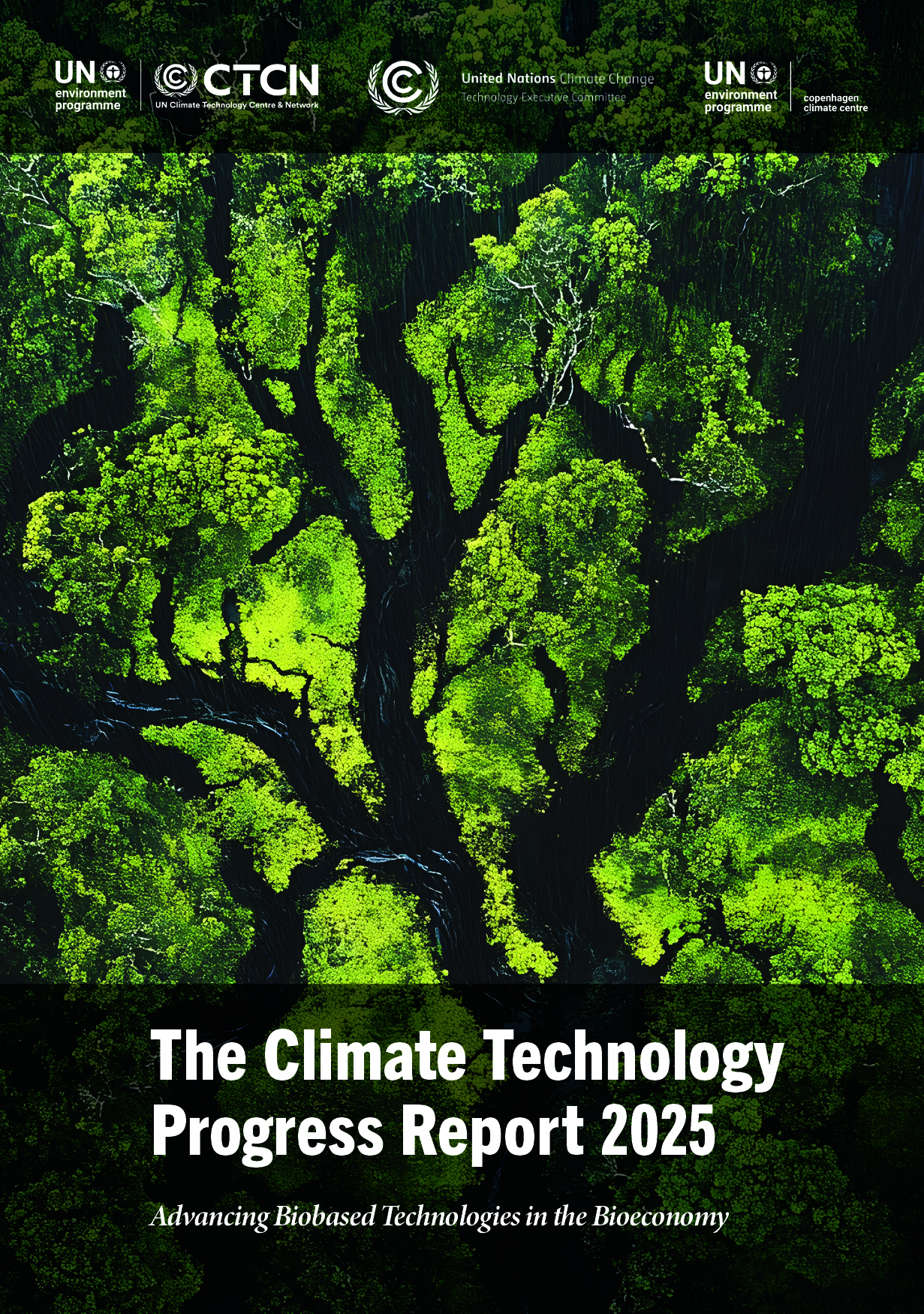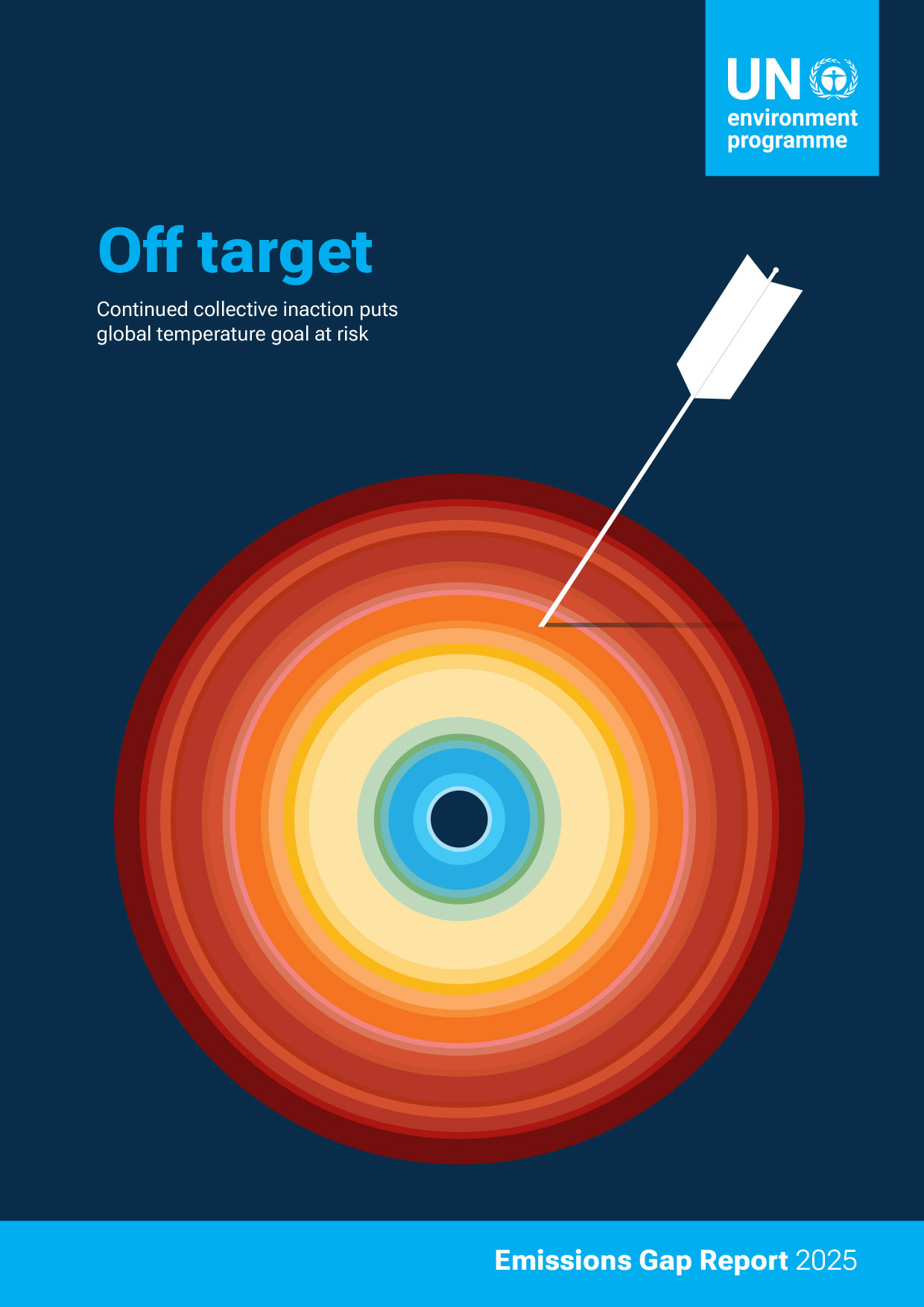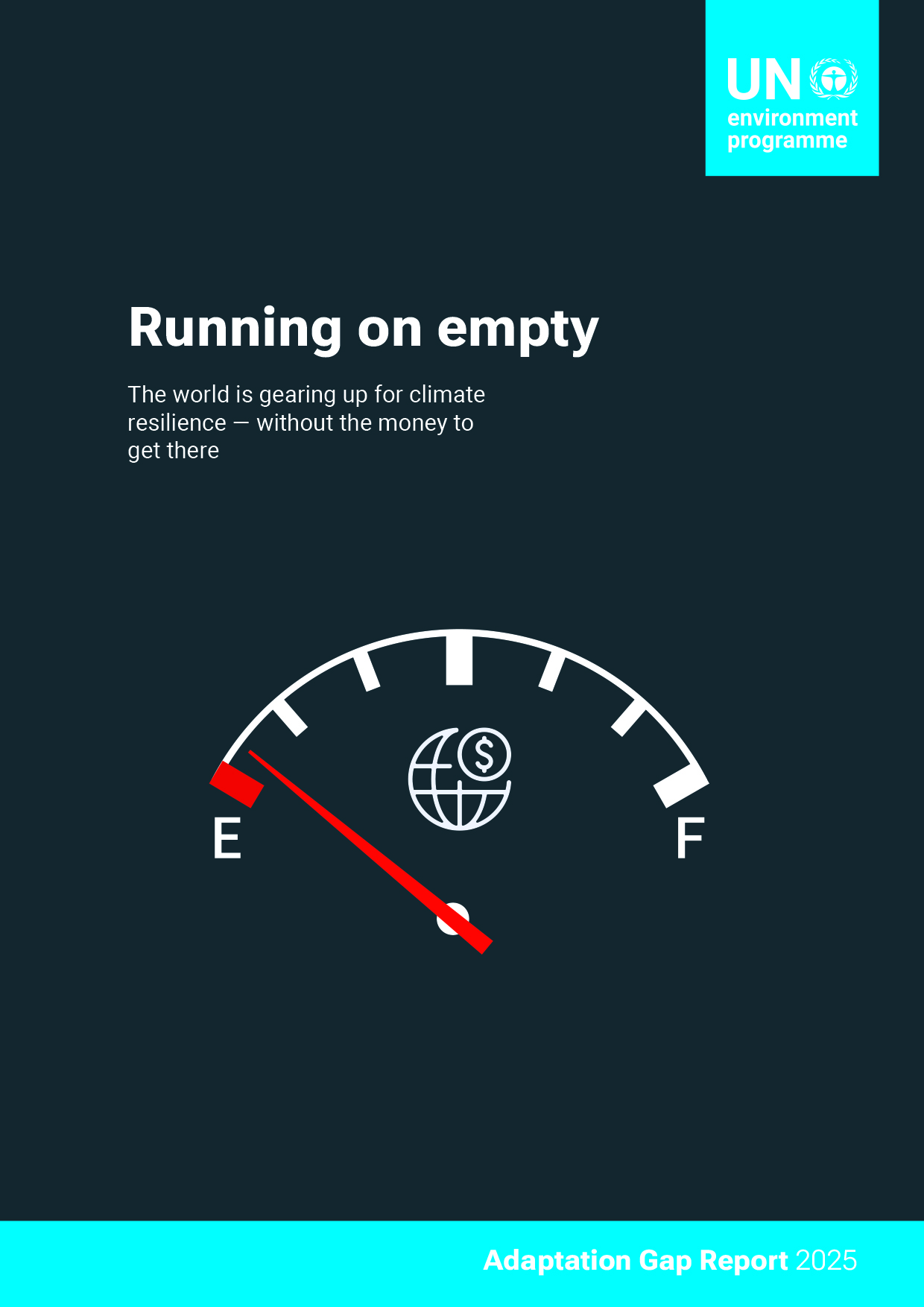We provide advisory services to assist developing countries deliver on the Paris Agreement and Sustainable Development Goals
About
UNEP Copenhagen Climate Centre works to implement UNEP's climate change strategy and energy programme.
Our Focus Areas
Latest news
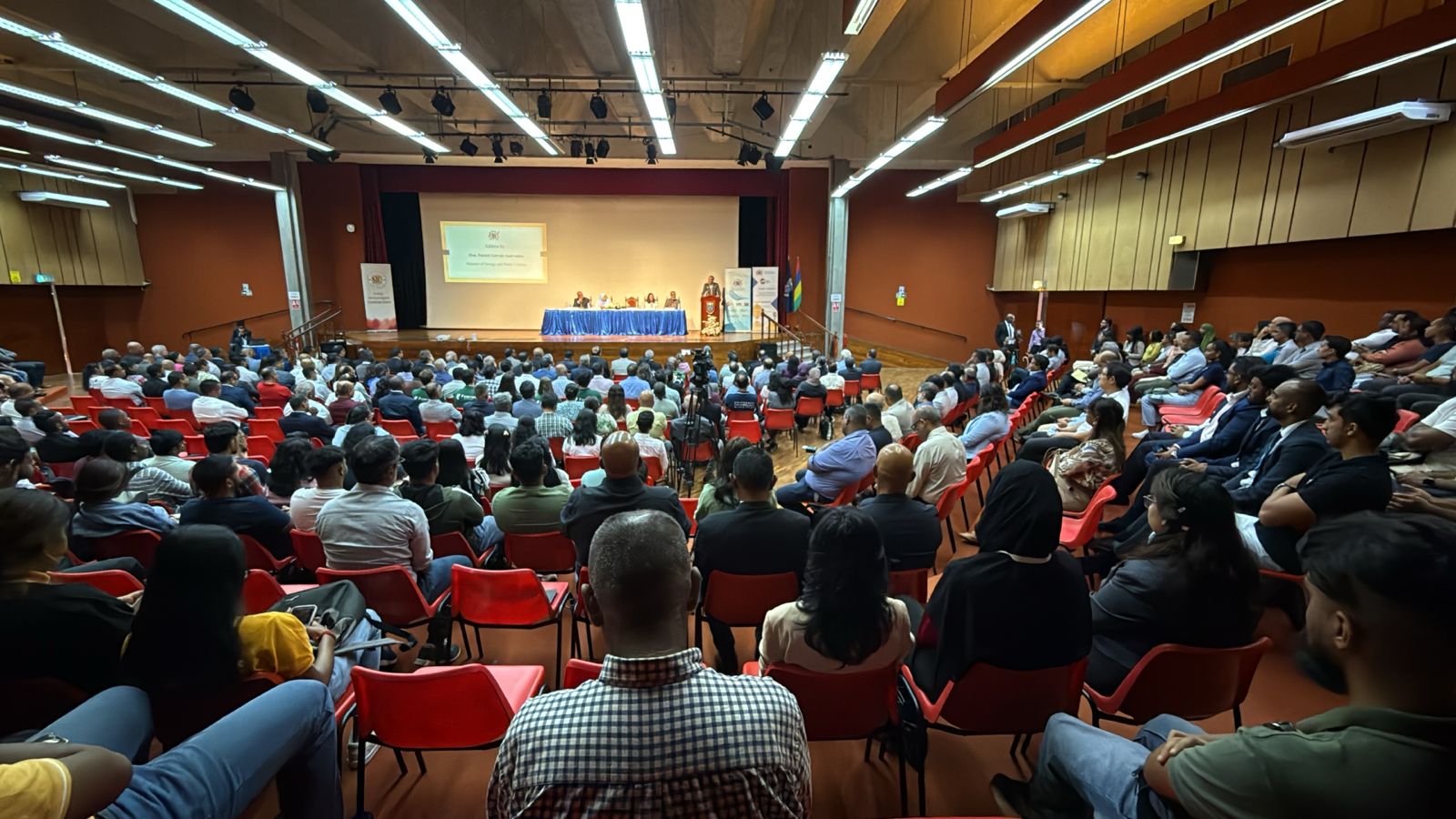
Education and job fair highlights energy efficiency as pathway to skills and jobs in Mauritius
Energy efficiency is a key opportunity for development, employment and resilience in Mauritius. Job fair gathered students, professionals and institutions to focus on opportunities.
January 30th, 2026

Guarantee mechanism could unlock energy efficiency investments in Mauritius
Event in Port Louis highlights how Energy Performance Contracting could deliver rapid energy and emissions savings in hotels, resorts and shopping malls. A proposed guarantee mechanism aims to reduce financial risk and unlock private investment at scale.
January 23rd, 2026
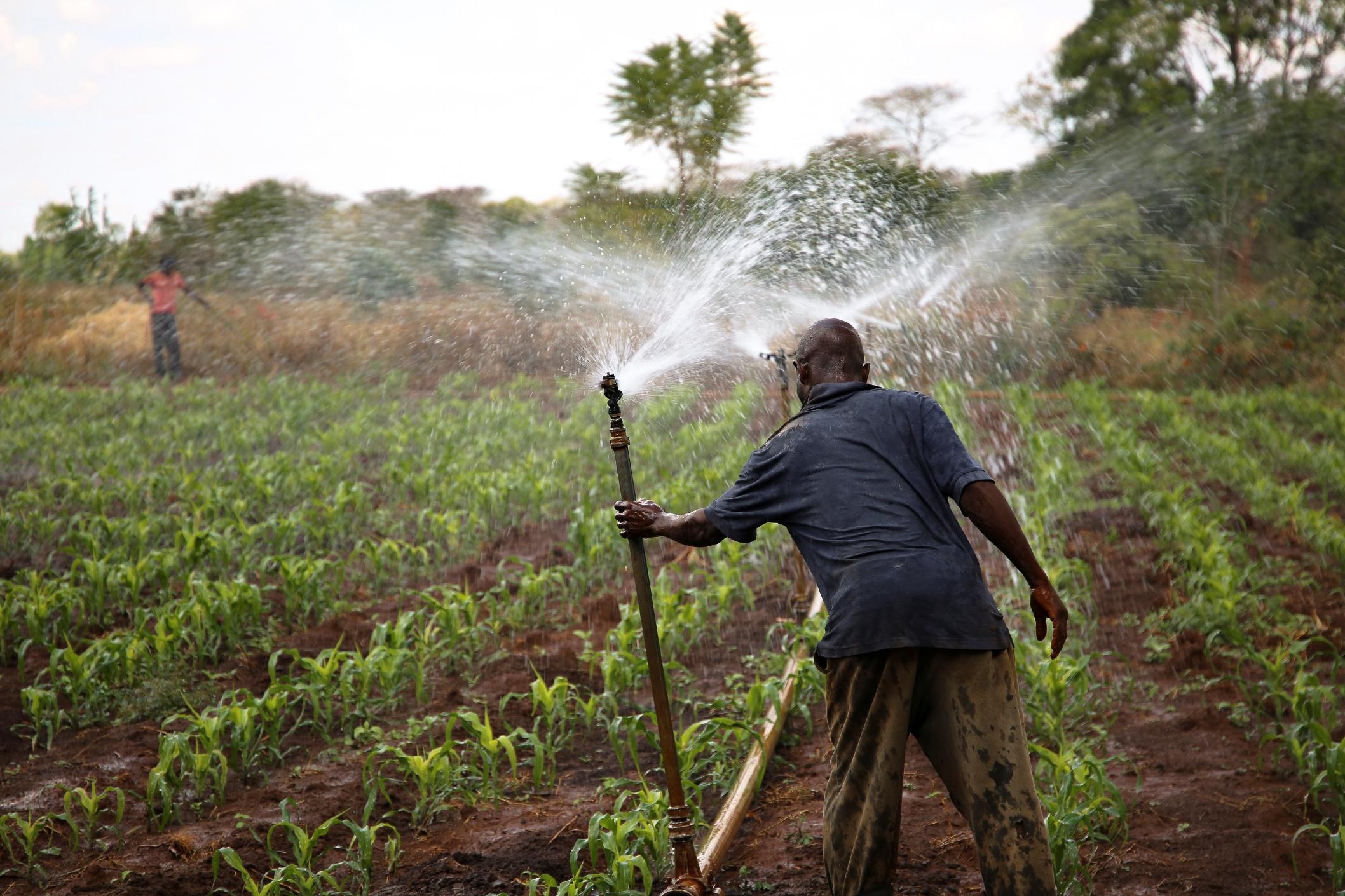
New paper highlights how central banks and financial regulators can respond to climate change
Climate risks threaten financial stability, yet many central banks and financial regulators in emerging markets and developing countries lack capacity to respond. New paper distils lessons from Malawi on how central banks and financial regulators in developing countries can integrate climate change into their core operations.
January 6th, 2026
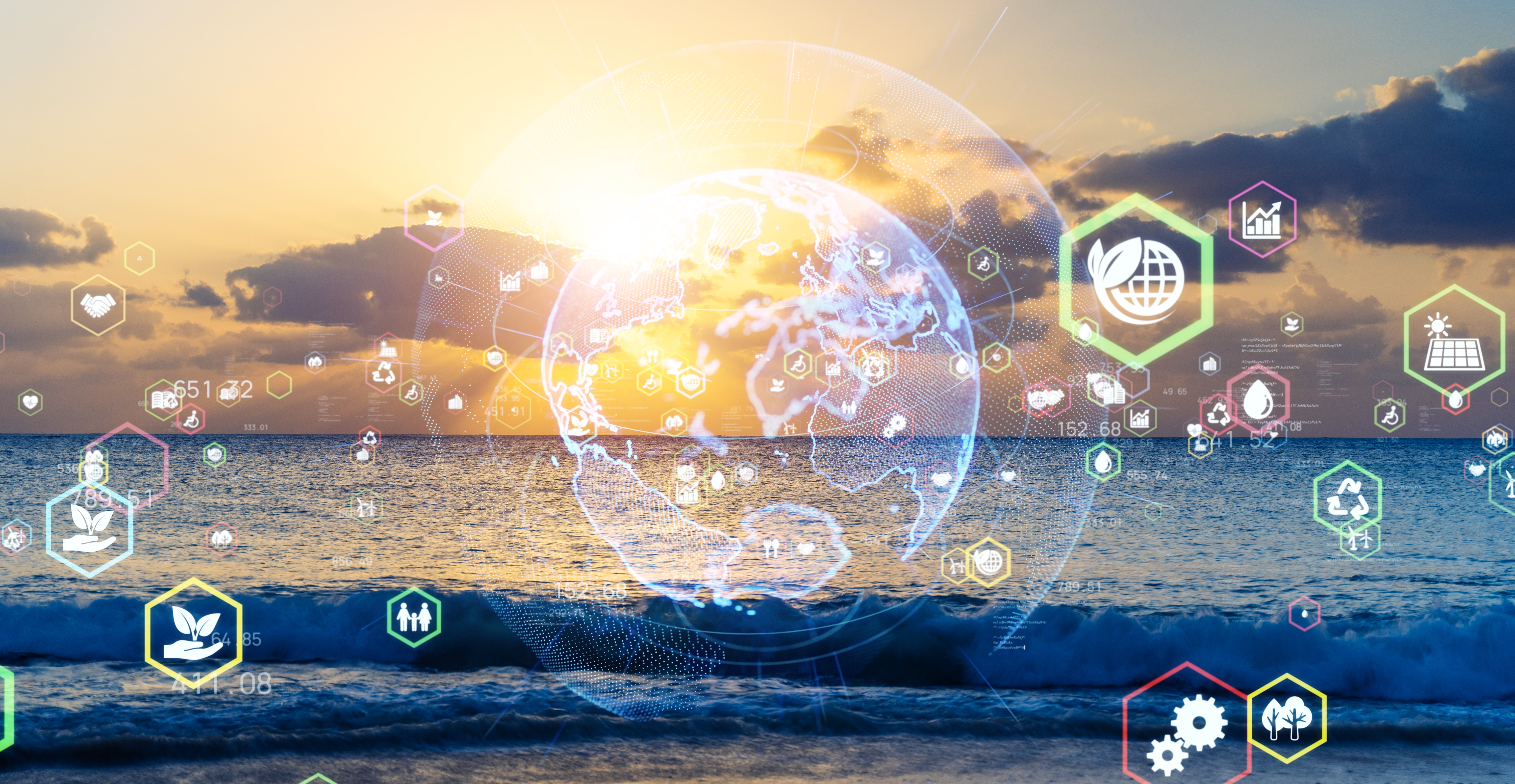
Regional Climate Technology Capacity Building and AI-Enabled Innovation in Focus
UNEP Copenhagen Climate Centre closed the year by strengthening climate technology planning across Asia and the Pacific through regional capacity building and technical exchanges through Technology Needs Assessments.
December 19th, 2025

Transparency takes center stage at UNEA-7 event on digital solutions for climate action
UNEA-7 side event highlighted how transparency, powered by digital tools and AI, is emerging as a cornerstone of trust, investment and ambition in global climate action.
December 18th, 2025
UNEP Copenhagen Climate Centre At A Glance
Years working with energy and climate
Nationalities represented by our staff
Countries in which we are currently implementing projects
About
Supported by UNOPS
